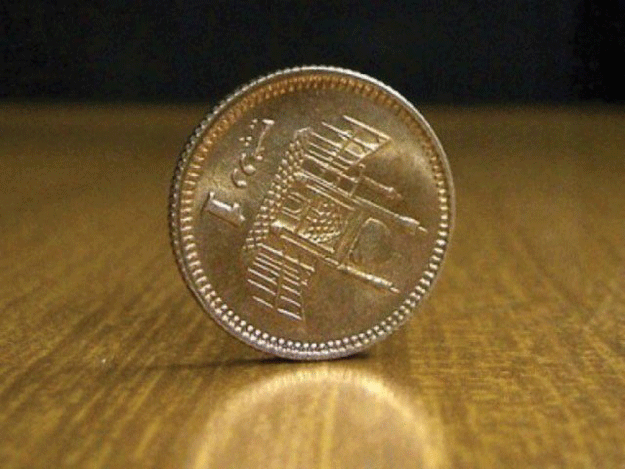
KARACHI:
Savings mobilisation by the National Savings Schemes (NSS) in the first 10 months of 2014-15 was Rs277.3 billion, which is 63.6% higher than the amount of savings mobilised in the corresponding period of 2013-14.
As per latest data released by the State Bank of Pakistan (SBP), savings mobilised under the NSS in April amounted to only Rs8.3 billion, which is almost 62% less than the corresponding figure for the same month of last fiscal year.
The latest cut of 1% – or 100 basis points – in the benchmark interest rate by the SBP has further squeezed NSS returns that have been declining consistently since October 2014. NSS returns are now back to the levels last witnessed at the end of 2004-05.
For example, the profit rate on Defence Savings Certificates decreased from 12.75% in October 2014 to 8.68% June 1 onwards as a result of continuous monetary easing by the SBP. Similarly, the return on Regular Income Certificates declined from 12.3% in October 2014 to 7.6% with the start of the current month.
The substantial drop in savings mobilisation recorded in April appears to be a direct result of the SBP’s monetary easing, as the benchmark interest rate has come down three percentage points to 7% since October 2014.
The largest jump in NSS mobilisation in the first 10 months of 2014-15 was recorded in November when NSS received over Rs90 billion. It was the same month when the SBP began bringing down its key interest rate after keeping it flat at 10% for over a year.
The government has linked profit rates on major NSS with the yield on Pakistan Investment Bonds (PIBs).

PIB yields have been coming down consistently in the wake of the SBP decreasing the benchmark interest rate. As a result, the federal government has also reduced the rates of return on various schemes up to 0.8% from June 1.
Typically, declining returns on government savings schemes result in a shift of liquidity to higher yielding avenues of investments, such as shares.
Savings mobilised under the NSS in 2013-14 amounted to Rs196.4 billion, which was almost half of the savings mobilisation achieved during 2012-13.
Savings mobilisation under the NSS remained Rs224.7 billion in 2009-10, Rs234.9 billion in 2010-11, Rs188.3 billion in 2011-12, Rs386 billion in 2012-13 and Rs196.4 billion in 2013-14. This translates into a compound annual growth rate of negative 3.3% per annum for the last four fiscal years.
High mobilisation of savings under the NSS is not necessarily a good phenomenon. Government borrowings under the NSS are categorised as ‘unfunded debt’ and should thus be minimised.
According to the Ministry of Finance, the government’s unfunded debt stood at Rs2.6 trillion at the end of 2014. Its share in the government’s total domestic debt currently stands at over 22%.
Published in The Express Tribune, June 4th, 2015.
Like Business on Facebook, follow @TribuneBiz on Twitter to stay informed and join in the conversation.


































































COMMENTS
Comments are moderated and generally will be posted if they are on-topic and not abusive.
For more information, please see our Comments FAQ